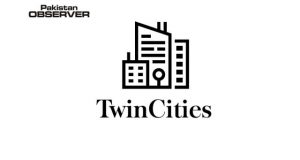Pakistan Institute of Development Economics unveiled its much-awaited study titled, ‘PIDE Sludge Audit’ at the Gun and Country Club, Islamabad.
The sludge means unjustified frictions that make it difficult for people to achieve what they want, frictions that make processes difficult to navigate and entail burdens, and unnecessary interaction between citizens and public institutions – administrative burdens. A few examples may include, complicated application forms, duplicative paperwork, waiting in queues to get a task done, and securing attestations/verifications.
It is pertinent to note that PIDE is the first research think tank in Pakistan that has attempted to quantify sludge. PIDE has quantified sludge considering three dimensions: time consumed, monetary cost, and psychological cost. Through its sludge reports, PIDE aims to highlight the sludge involved in different activities, and induce the concerned agencies to work for reducing sludge. Then it intends to pin down areas where sludge can be reduced either by shortening the procedure or through digitization. The estimated cost of sludge to the economy is staggering. According to the PIDE Sludge Audit, in various sectors, the sludge at the national level costs Pakistan 39% of the GDP.
The PIDE conference on sludge primarily focused on sludge audits of the Islamabad-based real estate sector and health sector, both having four studies each. The real estate part includes sludge audits of obtaining permission for a high rise building from the Capital Development Authority (CDA), obtaining permission and residential construction from the Capital Development Authority (CDA), obtaining construction permission from the environmental protection agency, and buying and selling a plot in a private housing society. The healt s sludge reports on setting up a pharmaceutical unit, a private hospital, a diagnostic center, and setting up a pharmacy.










